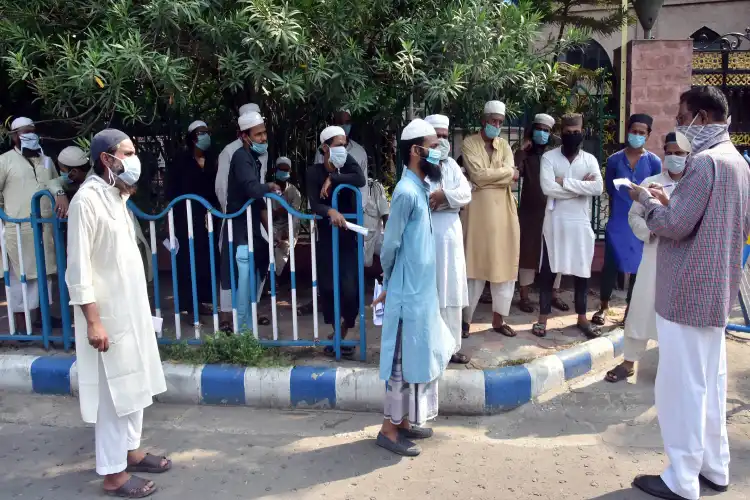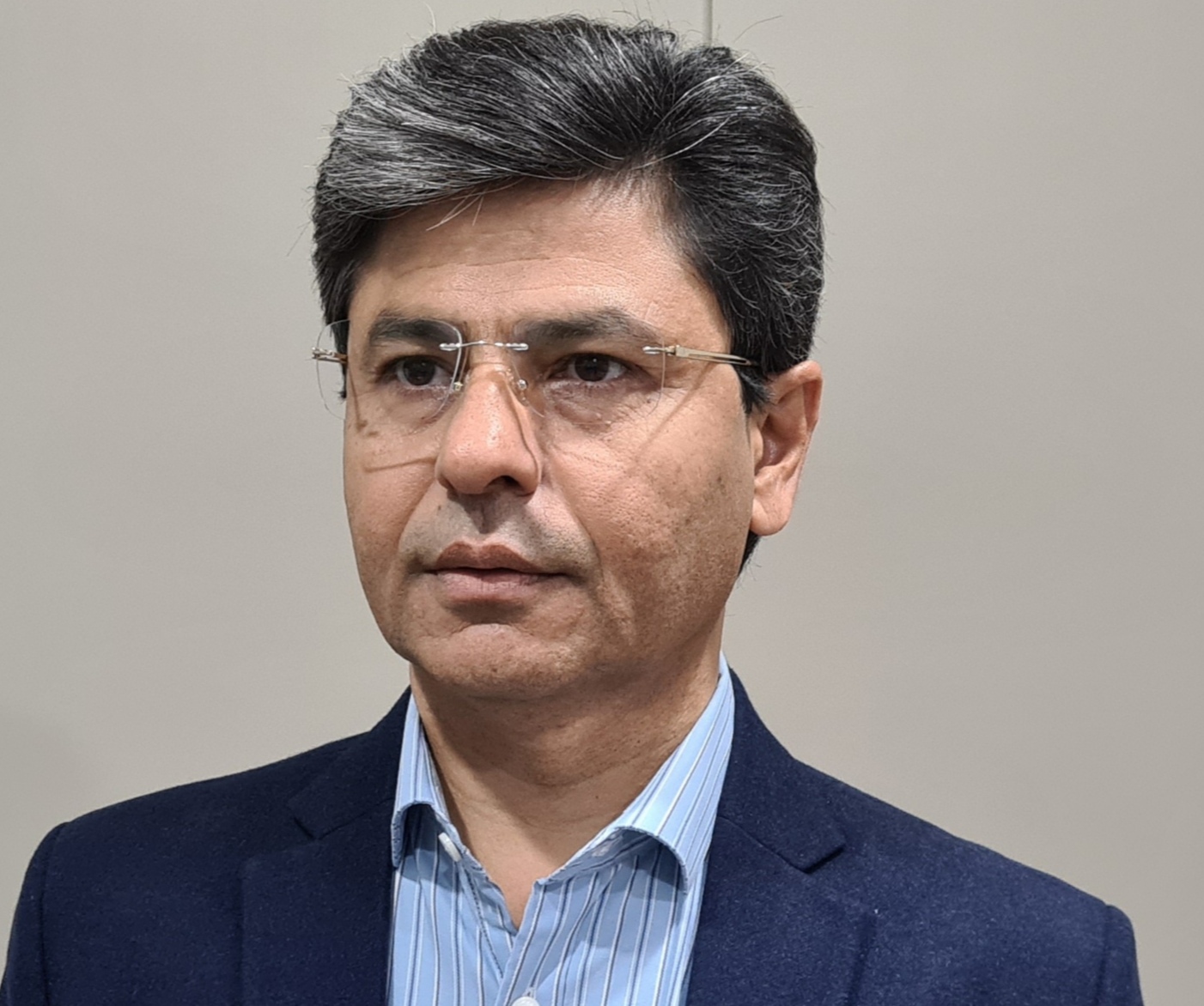
 Atir Khan
Atir Khan
Tablighi Jamaat, arguably the largest Islamic faith movement in the world active in 150 countries, has a tough road ahead. The recent restrictions by Saudi Arabia on the organisation, have brought it in the eye of the storm. The organisation that originated in India in the 1920s has influenced the practice of millions of Sunni Muslims across the world. The Saudi clampdown has come as a surprise to the Muslim world.
Saudi Arabia is undergoing massive social and cultural changes. A recent government communication has described Tablighi Jamaat, also known as Al Ahbab, as a danger to society and one of the gates of terrorism. In a tweet, the county’s Ministry of Islamic Affairs said: “His Excellency the Minister of Islamic Affairs, Dr. Abdullatif Al Alshiekh directed the mosques’ preachers and the mosques to warn people against the Tablighi and Da’wah Group.”
Pakistan's Silence
Interestingly Pakistan that was vocal in supporting Tablighi Jamaat when it came under fire in India for allegedly spreading Covid-19 during the first wave of the pandemic has chosen to remain silent on the clampdown. Both Saudi Arabia and Pakistan may have reasons for their moves yet Saudi Arabia, the cradle of Islam, has not given any tangible justification for the ban. Nor has Pakistan explained its silence. Ironically, the bold voices against the ban have emerged from India.
Indian ulemas have asked Saudi Arabia to reconsider its decision. Maulana Arshad Madani, the chief of Jamait-ulama-i-Hind met the Saudi Ambassador to India in this connection. The organisation’s general secretary Maulana Madani, Amir-e-Sharait’s Maulana Ahmed Wali Saifal Rehmani, Fatehpuri Masjid Imam Mufti Mukarram, and several other Islamic leaders have spoken against the ban.

Abdur Rehman, a member of the Tablighi Jamaat ,was among the first to donate plasma for Covid-19 patients in Delhi
Tablighi Jamaat has been thriving in India even before the country’s Independence. Never has it faced any restrictions from the Government on their proselytising. Tablighi Jamaat is an apolitical organization; it doesn’t believe in taking sides with political parties or leaders. Never has its office bearers made any statement on a political issue.
Nevertheless, Tablighi Jamaat has been under the scanner of Indian intelligence agencies from the very beginning. It took roots in India around the same time the Hindu Shudhi movement had started in north India. The intelligence agencies have reasons to keep a close watch on the activities of Tablighi Jamaat as a good number of its followers is foreigners – mostly from Southeast Asia, Africa, Europe, and the US, who come to India for proselytising.
The agencies have to keep an eye on the foreigners visiting the Jamaat for obvious reasons though the organisation’s office bearers claim they have a very robust system of verification of antecedents of the foreigners coming to their commune.
However, so far, barring some central Asian countries banning it and some casual references of Tabligis’ involvement in the terror-related activities in Europe, there is nothing adverse against this organisation. There is nothing to suggest that this organisation has been involved in the mass mobilisation of Muslims against any cause or the interests of any nation.
Tablighi Jamaat encourages Muslims to devote a maximum of 40 days in a year to nurturing one’s inner self; it calls on other Muslims towards six qualities: certainty of belief in the Muslim profession of faith, timely prayer with concentration and devotion, a basic knowledge of the obligations of Islam combined with the remembrance of God, service to other Muslims, purification of intention, and going out in the path of God for the sake of preaching to fellow Muslims. Such qualities are said to be derived from the lives of the companions of the Prophet Mohammad, and it is through their implementation that, according to believers, the Muslim community is expected to one day return to proper Islamic order. The Jamaat’s global membership base is drawn from a broad array of ethnic and socioeconomic backgrounds and is largely filled by non-scholars. Women may also participate in Tablighi activities, but under stricter guidelines and in the company of their male family members.
Both during journeys and in a member’s home, books on the virtue of devotional works (fada il) form the primary manuals for daily piety. The Arabic-speaking Tablighis are instructed to read from Imam Nawawi’s Riyad al Salihin (Gardens of the righteous), while all other language group relies on Muhammad Zakariyya al Kandhalawi’s Faza’il-I A’mal (Merits of righteous deeds), originally Tablighi Nisab or curriculum in its original Urdu or translation.
All members are encouraged to undertake, at least once in a lifetime, a four-month initiatory pilgrimage to the Indian subcontinent to learn Tablighi norms from their source. Muhammad Ilyas, an Indian scholar of the Deobandi reformist tradition, received a vision during his pilgrimage to Mecca in 1925-26 and returned to Delhi to redirect his late father’s proselytising activities among the semi-Islamised Meos of the Mewat region to the southwest of Delhi.
Before his death, Ilyas developed a proselytising methodology that has come to form the crux of the movement’s principles. Working out of a mosque complex near Nizamuddin dargah in Delhi that has remained the global Tablighi headquarters to this day, he attracted followers in thousands. Mohammad After him when Yusuf al-Kandhalawi took charge, he shaped it into an international movement. Two secondary headquarters of the organisation exist in Raiwind, Pakistan, near Lahore and Dhaka, Bangladesh.
What makes it different from other Islamic organisations is its introverted nature. Its leaders rarely interact with the media. The organisation is known for preaching good deeds and the religious reformation of Muslims. It does not believe in coercion or forced conversion; its core work is to influence Muslims to follow Islamic values.
After the Saudi clampdown, there is a fear that other countries may also follow the suit. Islam is a religion of peace. However, some deviant Muslims in the past have set a wrong example to justify their violent activities in the name of Islam. All God-fearing Muslims should stay away from violence. Tablighi Jamaat has a bigger responsibility to be extra vigilant to the challenges, which may threaten its activities.
Also Read: Law enforcers can stop India from becoming fragile state
Tablighi leaders will have to bring in some transparency in its work and ensure that the members are not in conflict with the law in India and elsewhere in the world.
